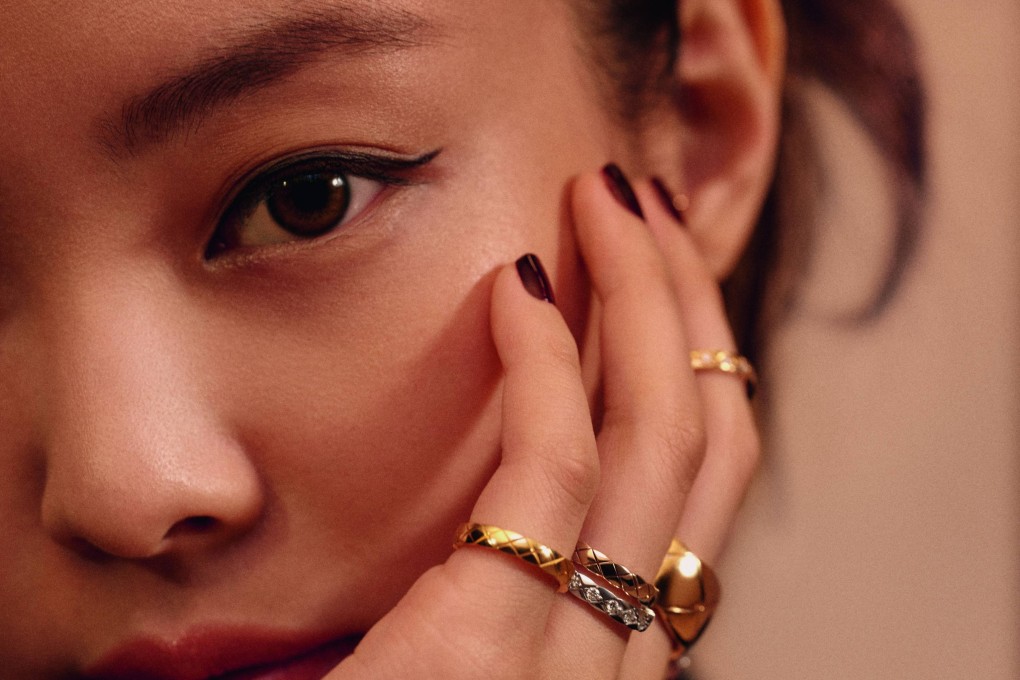Advertisement
How to clean your gold jewellery – 5 easy steps to make it shiny and look like new
- All you need to smarten up most gold valuables, even some with gemstones, is warm water, dish soap and a soft-bristled toothbrush
- Special occasion jewellery should be checked after each wear for dirt; jewellery with emeralds, opals, pearls or crystals is best cleaned by a professional
Reading Time:3 minutes
Why you can trust SCMP
1

We all have our favourite, most-worn pieces of jewellery. From necklaces to rings to earrings, they add a final touch, unlike any other accessory.
When your staple pieces get dull, you’ll want to keep your jewellery in tip-top shape, and certain materials like gold need gentle cleaning.
Gold is a precious natural metal that’s a lustrous, deep orange-yellow in its pure form. It’s one of the most popular metals used in jewellery and alloyed with other precious and non-precious metals for strength and durability.
Advertisement
For example, white gold is alloyed with nickel, zinc, palladium, and/or silver, while rose gold is alloyed with copper.
Most people have 10-carat, 14-carat, or 18-carat gold jewellery, or vermeil or gold-plated fashion jewellery, according to Madeline Fraser, the founder and CEO of Gemist.
Advertisement
If you’re unsure what kind of gold you have, the metal carat will be stamped on the jewellery, usually in an inconspicuous spot. It can be hard to see without magnification, but a jeweller can use a loupe to see the stamp.
Advertisement
Select Voice
Select Speed
1.00x